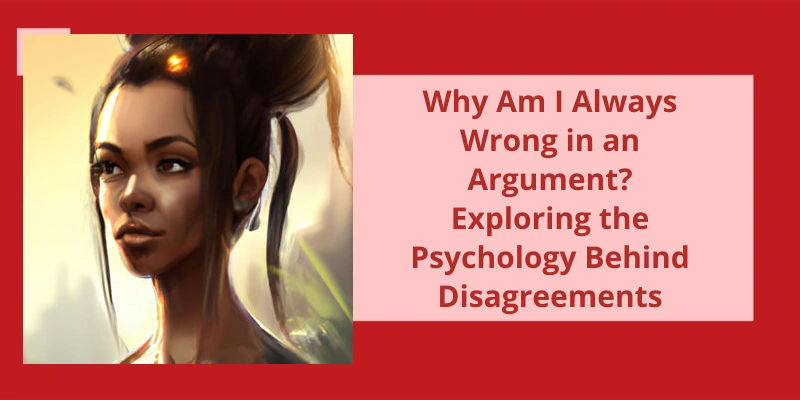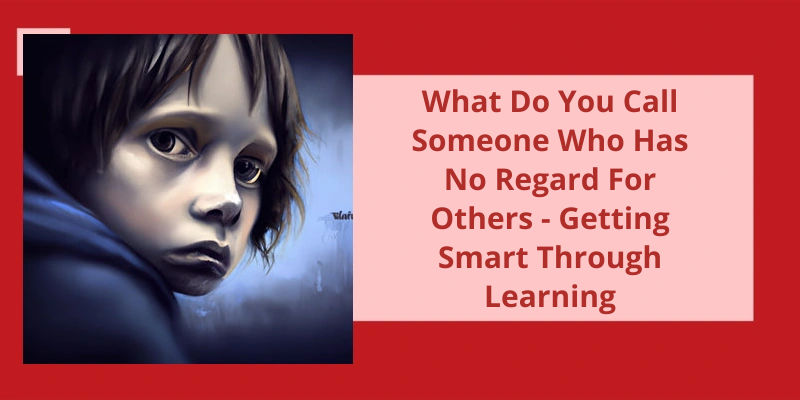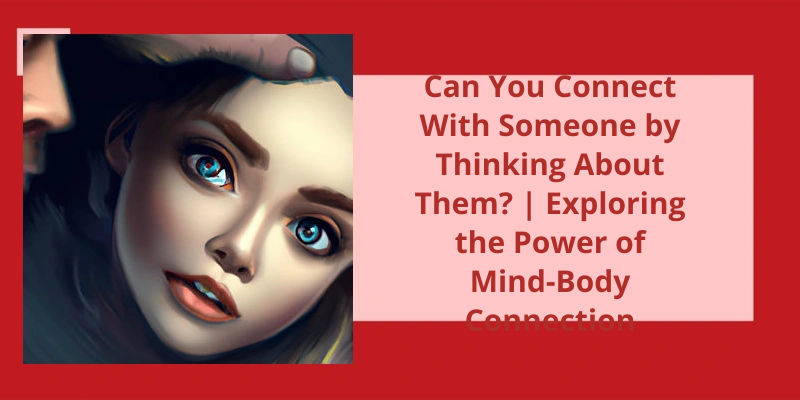Many of us have experienced the frustration of being wrong in an argument. It can be humiliating to realize that we were mistaken or misinformed, and it can damage our relationships with others if we’re unable to admit our faults. But why does this happen? Is it a matter of intelligence or knowledge? Or is it more about our emotional state and how we approach conflict? These are complex questions that require a nuanced understanding of human psychology and behavior. In this article, we will explore some of the common reasons why people find themselves consistently on the wrong side of an argument, and offer some strategies for turning the tide in your favor. Whether you’re trying to navigate a difficult relationship or simply want to improve your communication skills, we hope that the insights offered here will be both informative and helpful.
How Do You Deal With Being Wrong in an Argument?
Whenever we engage in an argument, our natural instinct is to be right. We want to win, to prove our point and to come out on top. It can be a real blow to our ego when we realize that were actually wrong. But being wrong is a natural part of learning and growing. The first step in dealing with being wrong is to give yourself permission to make mistakes. Embrace the fact that youre not perfect and that it’s okay to be wrong sometimes.
Once youve given yourself permission to make mistakes, the next step is to open your mind and listen to other opinions. It’s easy to get caught up in our own beliefs and ignore what others have to say. But listening to others can actually help us learn and grow. When were wrong, it’s often because we havent considered all perspectives. So, take the time to actively listen to others and consider their viewpoints.
It’s important to note that being wrong can be emotionally taxing. It can make us feel stupid, embarrassed or frustrated. In those moments, it’s important to collect yourself with a moment of self-compassion. Acknowledge that being wrong doesn’t define you as a person. It’s simply a mistake that you can learn from. Being kind to yourself can help you move past the negative emotions and focus on what you can do better in the future.
Now that youve taken the time to be kind to yourself, it’s time to rethink your argument. Take a step back and look at it objectively. Are there any flaws in your argument? Have you considered all perspectives? Taking the time to reassess your argument can help you see where you went wrong and how to improve in the future.
Lastly, it’s important not to get defensive when you realize youre wrong. We all have a natural instinct to defend our beliefs. But instead of getting defensive, take a step back and consider how you can improve your argument. The more comfortable we’re with being wrong, the more we can learn and improve.
Dealing with being wrong isn’t always easy, but it’s an important part of life. Giving yourself permission to make mistakes, listening to other opinions, being kind to yourself, rethinking your argument and not getting defensive can help you grow as a person and improve your relationships with others.
How to Apologize When You’re Wrong in an Argument
- Acknowledge your mistake
- Express remorse
- Take responsibility for your actions
- Listen to the other person’s perspective
- Offer to make amends
- Ask for forgiveness
Conclusion
In conclusion, being wrong in an argument is a common experience that everyone goes through at some point in their lives. Instead of feeling defeated or defensive, it's important to approach disagreements as an opportunity for growth and learning. Being open-minded and willing to listen to your opponent's perspective can help you arrive at a more well-rounded and informed conclusion. Additionally, being wrong doesn't define your intelligence or worth as a person. We all make mistakes, and it's how we move forward and learn from them that truly matters. So next time you find yourself on the losing end of an argument, remember to stay open-minded and see it as an opportunity to expand your knowledge and understanding of the world.






